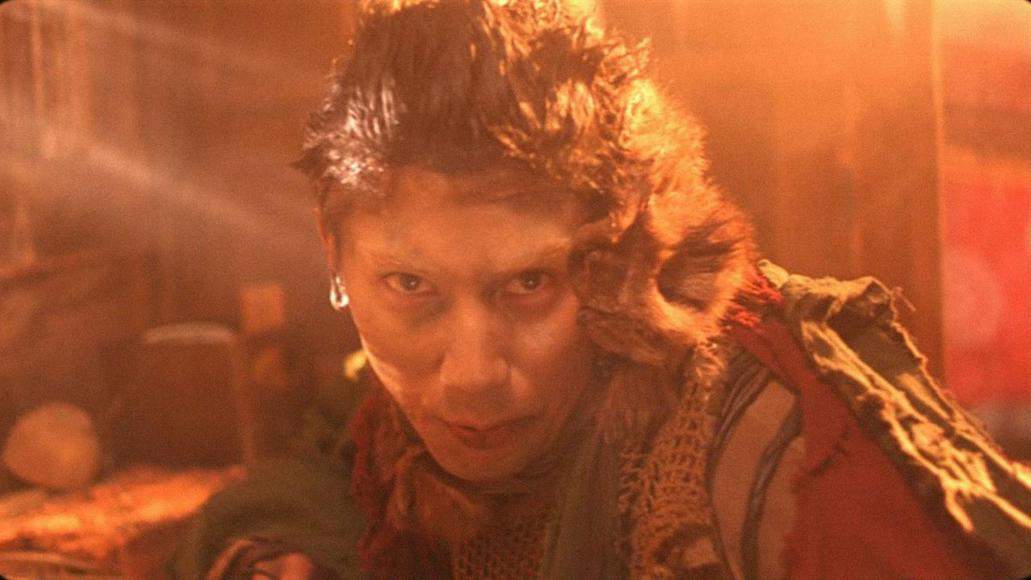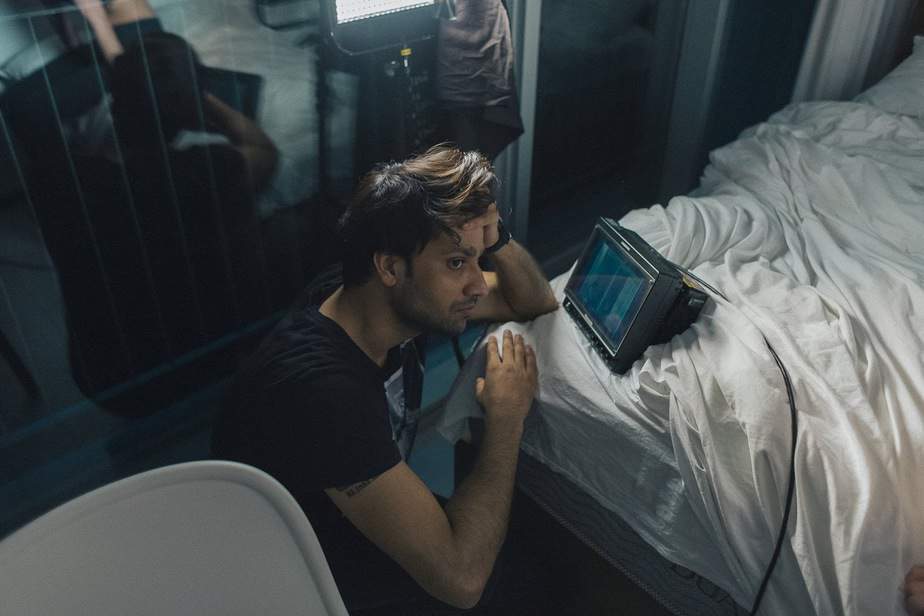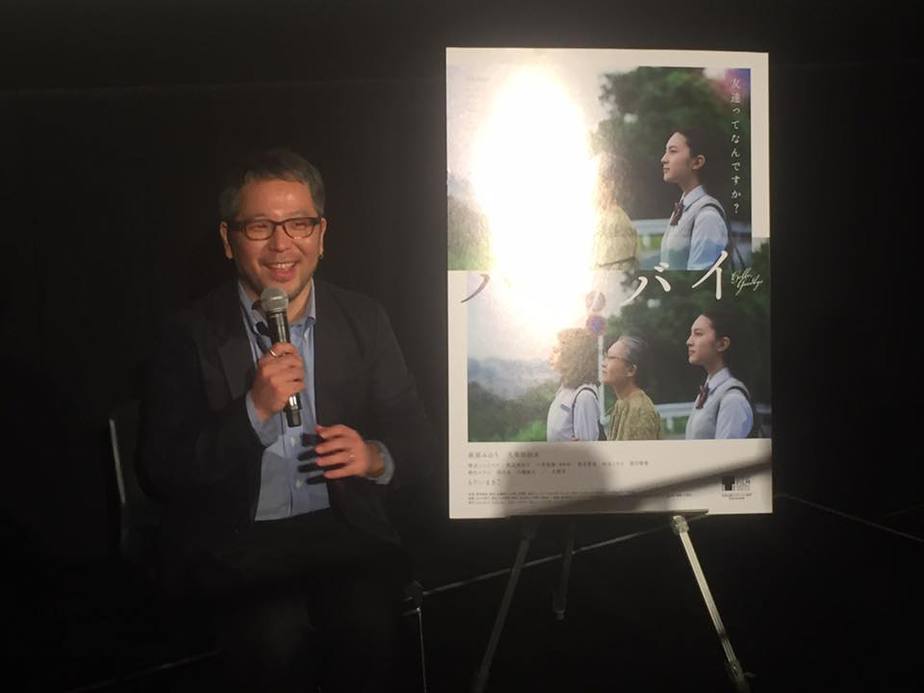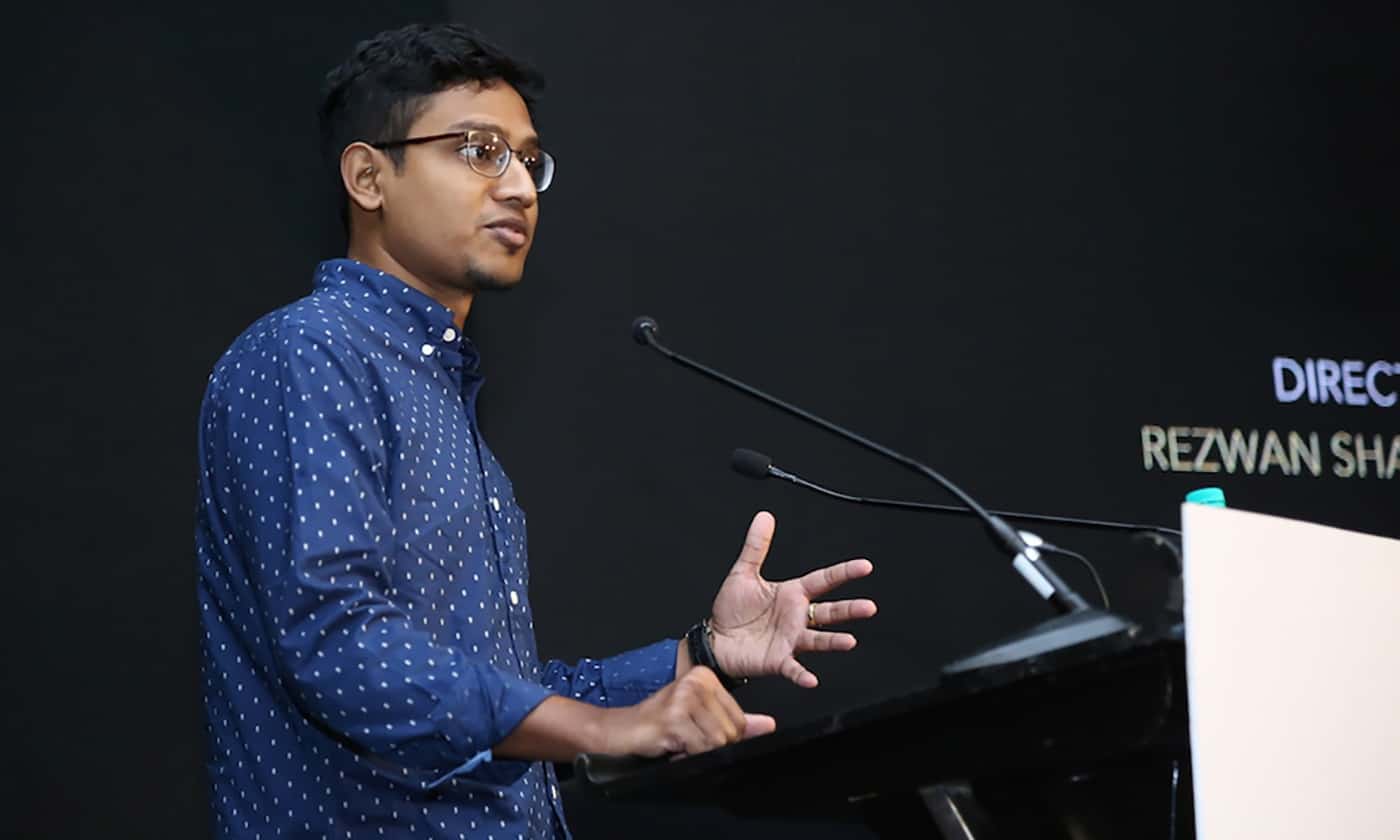Nyamdavaa Baasansuren studied at Mongolian University of Culture and Arts where he was introduced to film scripting. “Shift” is his first feature.
We speak with him in detail about the film, the social issues it deals with, Mongolian cinema, and his next project, “Big Brother”.
Tell us a bit about how you became a filmmaker.
At the age of 17, I was introduced to film script-writing and since then, I've started to write novels for short films. Back then, I had so many great ideas in my mind but didn't know how to integrate them. One day, I opened up my laptop and started writing a script and gladly, my teacher was happy with that. The script for “Shift” was my first full feature.
Why did you decide to deal with the theme of school gangs? In general, where do you draw inspiration from?
Back in time, when I was in high school, we used to have these type of school gang activities as the ones occurring in the movie. In my school, having 37 high school classes was an indication for how often the fighting was going on.
I spent 3 years for the script and most of the characters in the movie were my friends, and I also included myself. In my country, children's films are very rare and this was the reason I decided to shoot this movie. The lack of a film about fighting in high school was pushing me to make this type of movie, which was actually based on a real story.

The film also deals with a number of social issues, including the school system, obsession with Internet and friendship. Can you tell us about your opinion in this subjects?
It's sorrowful for me to see that young generations are so obsessed with the internet, as much as their lack of awareness of real communication. Also, money-based friendships are taking over the place and this was another focal point in the film. Besides that, and in a less obvious fashion, I tried to blast the relationship between teachers and families and the pursuits of the educational system in Mongolia these days.
A number of students, and particularly Tsengel and his sister, appear manipulative and cunning. Do you feel the kids their age can be like that?
Yes. In my opinion, the lack of their parent's care leads them to these kind of behaviours. Additionally, the film shows that the parent's way to solve the problems using the power of money is an absolutely wrong example for their kids.
The story includes a number of different kinds of characters. There is the “hero” (Dulguun) the apple of discord (Egshiglen), the villain (Tsengel), the misunderstood (Nyambayar), the nerd, the lackey, the tomboy. Why did you choose to include these different but archetypic characters?
These characteristics are actually involved in our current social life so I thought children could watch this film and avoid becoming this type of persons.

How come you also cast yourself?
Nyambayar was actually one of the most powerful characters in the film, so we checked approximately 250 kids, but not finding what we were looking for. made me to cast myself for that character. I actually enjoyed it because the role was exactly the opposite of me in real life, since I don't smoke and I am not a quick-tempered person so I had to develop myself, attend fighting clubs and play a totally different character. I have tried my best to become better for this role, so I love this character.
Tell us a bit about the location of the film. How was the shooting like, and which scenes are the most memorable for you?
The film was shot in Ulaanbaatar, capital city of Mongolia and the school was actually the one I finished high school, so it was really memorable and enjoyable for me. The scene when Dulguun approached Egshiglen was the most memorable one for me, because I didn't follow the script and made that up at the spur of the moment The most difficult one was the final fighting scene between the two sides on the soccer court.
Can you give us some details about how you shot this last scene?
It was the biggest scene for sure. (Laughing) It was the first time for me shooting such a populated scene so the first day was really challenging. In total, I spent two days for the shooting, so when I returned home I checked the shooting videos and chose whether I wanted to keep it or not. After finishing that scene, we shot Nyambayar's fighting scene in the street at night. (Laughing)

Can you elaborate on the music of the film?
The film shows life in 2011-2012, so I used hit songs of the time. Due to my interest in live music, I used energetic one throughout the film and romantic one for the love scenes.
What is the situation with Mongolian cinema at the moment?
Having limited number of cinemas (total of 10) is blocking the growth of the film industry in our country and also, these venues take exactly half of the grossing of the film, which really disappoints me.
Which are your favorite filmmakers/movies?
My favorite movies are Lord of The Rings I, II and III.
Can you tell us a bit about your new film, “Big Brother?”
The whole story occurs in a single day. The contest between four guys starts when dean brothers from the neighborhood get in prison. They lose their youth, love, friendship, body and ruin their lives by starting a contest about taking the lead. It also disappoints me that there are many guys out there who are trying to solve their problems with arrogance. So I have tried to show them the bad consequences of making this choice.
















